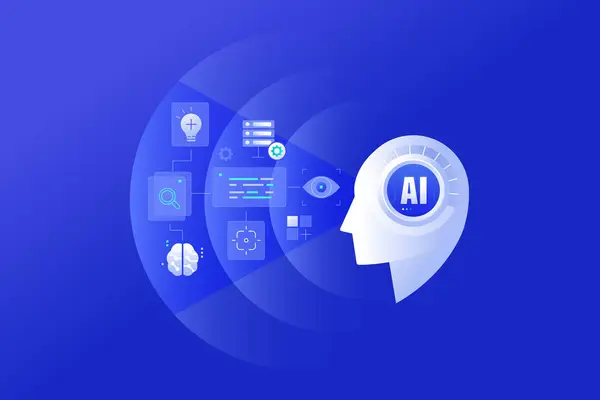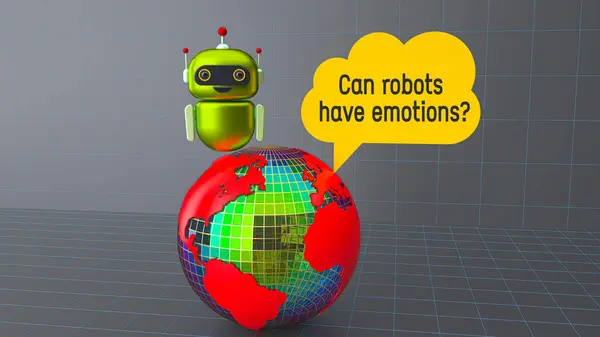
Quantum Computing: The Next Frontier in Technology
March 26, 2025
Quantum ComputingQuantum computing is poised to revolutionize industries by solving problems that are impossible for classical computers. By leveraging the principles of quantum mechanics, quantum computers have the potential to transform fields such as cryptography, artificial intelligence, drug discovery, and complex system simulations.
What is Quantum Computing?
Quantum computing harnesses the properties of quantum bits (qubits) to process data in fundamentally new ways. Unlike classical bits, which exist in a state of 0 or 1, qubits can exist in multiple states simultaneously due to the phenomenon of superposition. Additionally, quantum entanglement allows qubits to be interconnected, vastly increasing computational power.
Applications of Quantum Computing
Various industries are exploring the potential of quantum computing to drive innovation and solve complex problems:
1. Cryptography and Cybersecurity
- Quantum computers can break traditional encryption methods, necessitating the development of quantum-safe cryptography.
- Post-quantum cryptography aims to create security protocols resilient to quantum attacks.
2. Artificial Intelligence and Machine Learning
- Quantum computing enhances data processing capabilities, accelerating machine learning models.
- Quantum algorithms can optimize pattern recognition, improving AI-driven applications.
3. Drug Discovery and Material Science
- Quantum simulations enable precise modeling of molecular interactions, leading to faster drug development.
- New materials with enhanced properties can be designed using quantum-driven calculations.
4. Financial Modeling and Risk Analysis
- Quantum computing can process complex financial models faster than classical computers.
- Portfolio optimization and risk assessment can be enhanced using quantum algorithms.
5. Climate Modeling and Sustainability
- Quantum simulations can improve climate models, leading to better predictions and sustainable solutions.
- Optimizing energy efficiency and carbon capture technologies through quantum computing.
Challenges in Quantum Computing
Despite its potential, quantum computing faces several challenges:
- Hardware Limitations: Building stable qubits and reducing error rates remain significant hurdles.
- High Costs: Quantum hardware development is expensive and requires substantial investment.
- Algorithm Development: Quantum algorithms must be refined for practical applications.
- Scalability: Expanding quantum systems to commercially viable scales remains a challenge.
Conclusion
Quantum computing represents a paradigm shift in computation, offering unprecedented capabilities for solving complex problems. While still in its early stages, advancements in hardware, algorithms, and practical applications are steadily bringing quantum computing closer to real-world impact. As businesses and researchers invest in quantum innovation, the future holds immense potential for transformative breakthroughs.
Featured Blogs

Artificial Intelligence (AI) is revolutionizing software engineering by automating coding tasks, enhancing development workflows, and improving software quality. AI-augmented software engineering leverages machine learning, natural language processing, and automation to help developers write, test, and deploy software more efficiently.

Quantum computing is poised to revolutionize industries by solving problems that are impossible for classical computers. By leveraging the principles of quantum mechanics, quantum computers have the potential to transform fields such as cryptography, artificial intelligence, drug discovery, and complex system simulations.

The world of work is undergoing a radical transformation driven by digital technologies, automation, and artificial intelligence. As businesses adapt to these changes, employees and organizations must rethink how they operate, upskill their workforce, and embrace new work models.